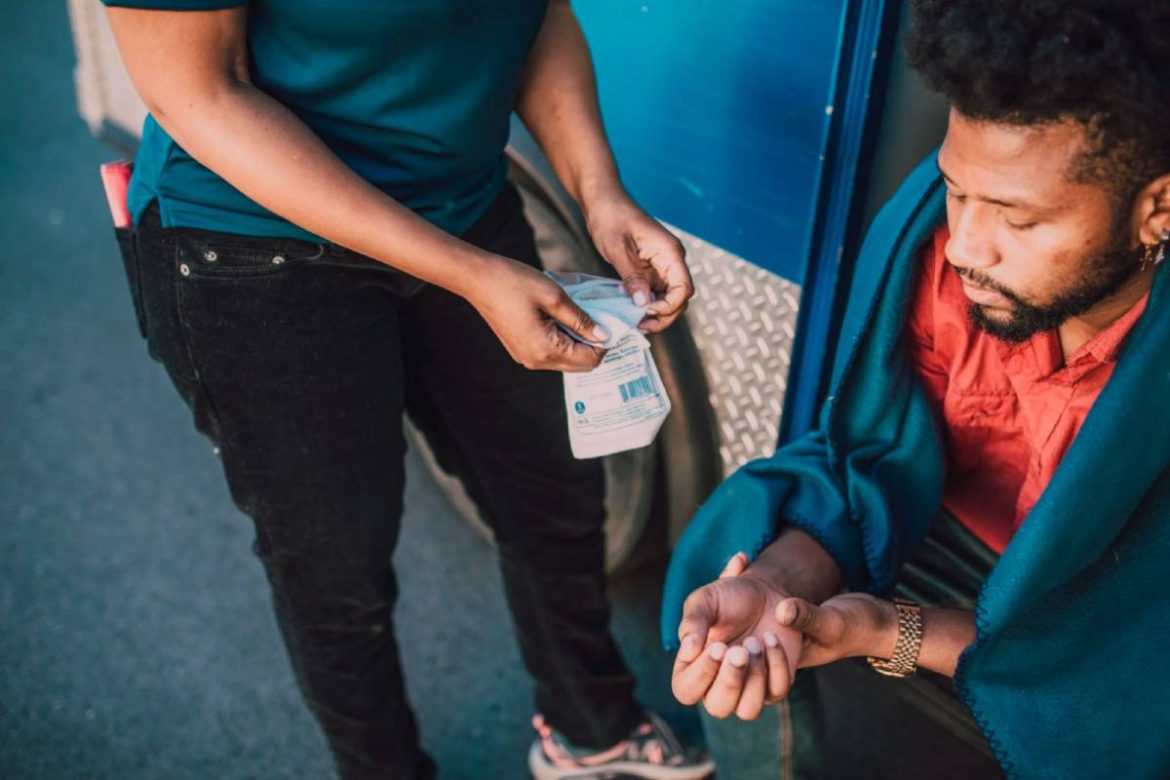Maintaining good health and making sure we are safe in our daily lives are becoming more and more crucial in today’s fast-paced environment. Back posture concerns and the capacity to act appropriately in medical situations are two areas that need special attention. Fortunately, technological developments, particularly those related to artificial intelligence (AI), are completely changing how we handle these issues. In this article, the effects of AI on back problems are discussed, along with the value of CPR certification and First Aid certification in public places and daily life.
Back posture issues and AI:
Back posture problems have increased in frequency and are now a widespread concern affecting people of all ages due to the rise of sedentary lifestyles and desk-bound occupations. In addition to discomfort, bad posture can also cause musculoskeletal diseases and persistent pain. AI is now a potent tool for identifying, monitoring and resolving issues with spinal posture.
AI-powered back pain solutions use machine learning and computer vision algorithms to analyze a person’s posture and give them immediate feedback. These systems monitor and evaluate body position using cameras or wearable technology, identifying deviations from the optimal alignment. AI algorithms can assist people in improving their posture, strengthening the necessary muscles, and avoiding future problems by providing individualized advice and exercises. Additionally, these AI technologies provide constant monitoring to make sure users have good posture throughout the day.
Certifications for CPR and first aid in crowded areas:
Medical emergencies can happen at any time, so being prepared with the necessary information and abilities is essential, especially in crowded areas where quick intervention can save lives. Certifications in CPR (Cardiopulmonary Resuscitation) and First Aid are essential for empowering people to manage emergencies until help arrives.
When someone’s heart stops beating, or their breathing stops, CPR can save their life. The likelihood of survival can be considerably increased by learning proper CPR techniques. Until emergency aid arrives, a trained person can help circulate oxygenated blood to the essential organs by performing chest compressions and rescue breathing.
A medical emergency is more likely to occur in crowded areas like offices, athletic events, or shopping malls. People who have received CPR training are able to act with confidence and render emergency care, possibly saving lives. When taking into account scenarios when emergency medical services may take longer to reach owing to congested conditions or other factors, the skill to conduct CPR becomes even more crucial.
The value of first aid training in daily life:
Along with CPR, acquiring a First Aid certification gives people the knowledge they need to handle a variety of accidents and medical crises. Whether it’s a tiny cut, a sprained ankle, or a more serious occurrence, first aid training equips people to respond right away while they wait for qualified medical assistance.
The first aid certification program includes a wide range of topics, such as treating wounds, managing fractures, relieving choking, and identifying medical disorders, including heart attacks or strokes. Due to their ability to offer necessary care until help arrives, people are better able to avoid subsequent problems and minimize the possibility of long-term effects.
Additionally, obtaining a First Aid certification fosters a culture of safety and readiness in daily life and inspires confidence. It enables people to calmly evaluate problems, take appropriate action, and comfort and reassure others in need.
Safety and maintaining good health are essential elements of our daily lives. By providing individualized exercises and real-time feedback, artificial intelligence is proven to be a useful tool for managing back posture disorders. The ability to respond appropriately to medical situations in crowded areas and in daily life is greatly aided by certificates in CPR and First Aid.
People can take proactive steps to improve their health and contribute to a safer society by using AI solutions for back posture concerns and earning CPR and First Aid certificates. With these resources at our disposal, we can promote a culture of readiness and well-being, empowering us to handle unforeseen problems with assurance and competence.


